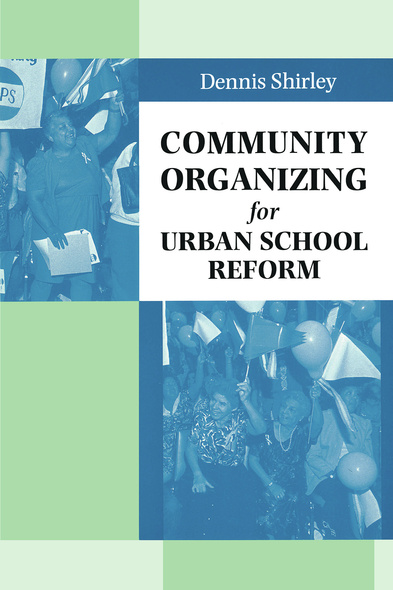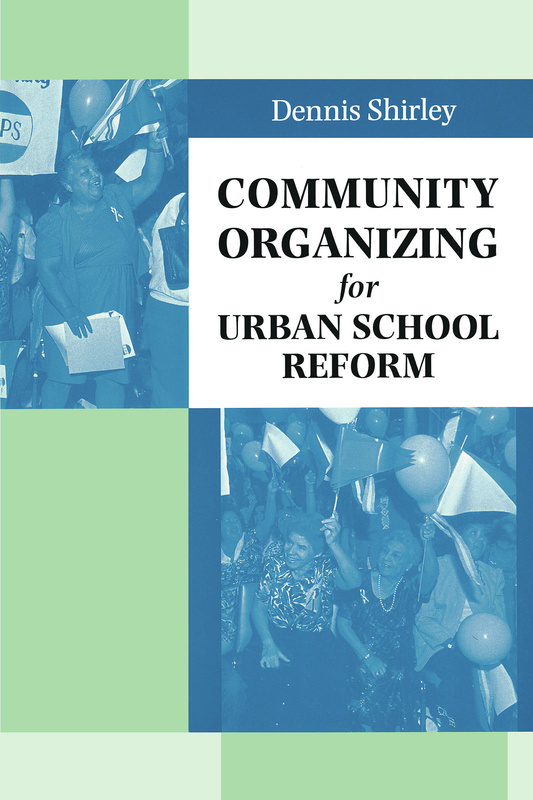Observers of all political persuasions agree that our urban schools are in a state of crisis. Yet most efforts at school reform treat schools as isolated institutions, disconnected from the communities in which they are embedded and insulated from the political realities which surround them.
Community Organizing for Urban School Reform tells the story of a radically different approach to educational change. Using a case study approach, Dennis Shirley describes how working-class parents, public school teachers, clergy, social workers, business partners, and a host of other engaged citizens have worked to improve education in inner-city schools. Their combined efforts are linked through the community organizations of the Industrial Areas Foundation, which have developed a network of over seventy "Alliance Schools" in poor and working-class neighborhoods throughout Texas. This deeply democratic struggle for school reform contains important lessons for all of the nation's urban areas. It provides a striking point of contrast to orthodox models of change and places the political empowerment of low-income parents at the heart of genuine school improvement and civic renewal.
Shirley moves comfortably between issues of policy and the specifics of reforms in particular schools. In that way, his work is useful both to those in the policy arena and to those who are involved in the nitty-gritty of school reform. . . . This book reminds us of what democracy is and what it can be in the United States.
- Acknowledgments
- Introduction
- Part I. Origins
- 1. The Contemporary Context
- 2. Moving Schools into the Power Arena
- Part II. Developing Civic Capacity
- 3. Morningside Middle School: Starting a Path for Change
- 4. Jefferson Davis High School: The Struggle for Reform
- 5. Ysleta Elementary School: From Parental Engagement to a New School
- 6. Zavala Elementary School: Learning the Tools of Democracy
- 7. San Antonio: Building Networks of Reform throughout the City
- 8. Texas: Alliance Schools throughout the State
- Part III. Analysts and Critique
- 9. Resistance to Change
- 10. The Pursuit of Success
- 11. “A Great Truth Wants to Be Criticized”
- 12. Building Laboratories of Democracy
- Notes
- Bibliography
- Index





